It's been a month since the release of Seth Rogen and James Franco's highly controversial movie, 'The Interview,' and even though I'm pretty late to the review party, I want to offer my two cents.
From what I've seen, the movie has been largely a hit or miss, mainly because of its subject matter. While some people find the violent humor to be hilarious, others think it's inappropriate. "Why would you make fun of another country's leader?" they ask. "Why would you make fun of a real problem?"

As a Korean-American (South Korean for those of you who were going to ask; yeah, I get that question a lot), I admire 'The Interview' for tackling a subject that not many people in Hollywood take interest in. Sony hacking and "9/11" threats aside, I'm happy that North Korea can be a topic we can openly discuss, even in the form of a comedy. In fact, I thought it was even better that 'The Interview' was a dark comedy. Comedy and laughter is the best way to get a lot of people's attention, and dark comedies are useful in that they make jokes out of serious issues to not only entertain people but also to make them realize that there is an actual, ridiculous problem that exists.
That being said, 'The Interview' did start a discussion and in an interesting way. Instead of sending FBI agents to assassinate Kim Jong Un played by Randall Park, CIA sends in two celebrity journalists: Aaron Rapoport (Rogen) and Dave Skylark (Franco). The hilarity that ensues with this weird scenario, of course, is rampant, with Skylark especially amping up the stupidity with memorable lines like, "It's a really big orange dog with stripes," and, "Haters gonna hate and ain'ters gonna ain't."
Although I initially thought Skylark's dim character was too exaggerated and borderline annoying, looking at the film in retrospect, I find it probable that Franco overdid Skylark's obnoxious character on purpose. The American audience was supposed to both identify with Skylark and also look down on his behavior.
Rapoport and Skylark actually both represent the part of America that doesn't normally care about politics. They prefer celebrity gossip over political news, much like the majority of the youth in America. The American audience probably was like, "Hell yeah!" when Skylark said things like, "Kim must die, it's the American way!" and, "Cunt punt that bitch!" but the same audience probably recognized that Skylark was being ignorant when he said, "This is 2014, women are smart now," and, "We're going to America, where they don't eat dogs."
Skylark parodies the internet-savvy, celebrity-invested, and oblivious American. Rapoport, on the other hand, is also the type who gets excited about the rumored homophobic Eminem coming out of the closet, but feels inferior to a political journalist. The fact that people who have zero involvement in politics could change a whole country is a grand idea. I'm impressed because it seems as if the movie is suggesting that the American people should maybe care a little less about entertainment news and more about what's happening in the world.

The movie had a great setup and funny "stupid" jokes to deal here and there, but unfortunately, the actual jabs it made at Kim Jong Un and North Korea fell kind of flat for me.
Some reviewers found Kim Jong Un's characterization interesting because it didn't rely on an Asian stereotype or heavy accent to make him funny. And I agree; I appreciate that 'The Interview' tried to give him a real character beyond what 'The Pacifier' (2005) did for its North Korean spies and 'Team America' (2004) did for Kim Jong Il. Kim Jong Un is presented as a man who lives in his father's shadow and makes his malicious threats because of his upbringing. He's also referred to as a "master manipulator" of the media, suggesting he is a formidable opponent.
However, despite 'The Interview's attempt to paint Kim Jong Un as a vulnerable yet simultaneously smart man, the latter was hard to see. Even though the FBI treated Kim Jong Un as a serious threat, I remained unconvinced that he actually was. Sure we saw Kim be manipulative and "honeypot" Skylark, but we didn't really get to see how horrible of a person he could actually be, aside from his minor freakout following the death of one of his guards. As a result, when I saw Kim Jong Un dissolve into a pathetic mess by the end of the movie, it was not that satisfying. Rather than seeing an evil villain get rightfully served, I just watched a vulnerable kid who pretended to be nice embarrass himself. His downfall just seemed pitiful, and kind of, "Meh," farts and sharts aside.
Overall, I think 'The Interview' made a good point that people don't pay attention to the North Korea issue as much as they probably should. But towards the end, it failed to convince us that there actually is an issue worth caring about. The result: 'The Interview' was an interesting, at some points amusing, conversation starter, but had an underwhelming effect.


 SHARE
SHARE


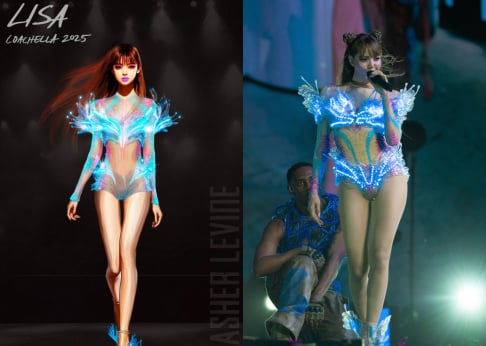
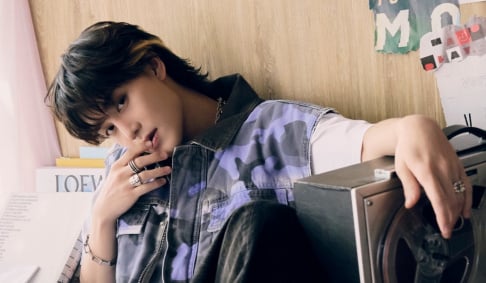
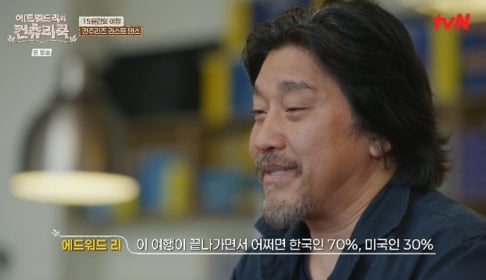
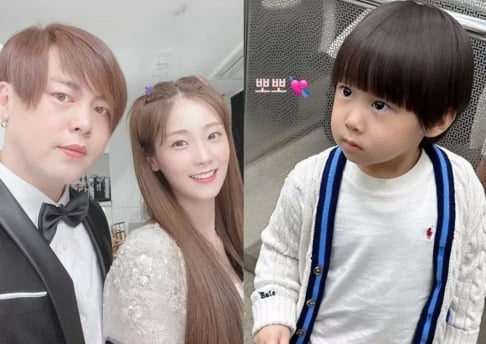
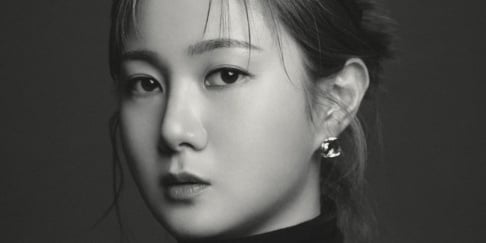
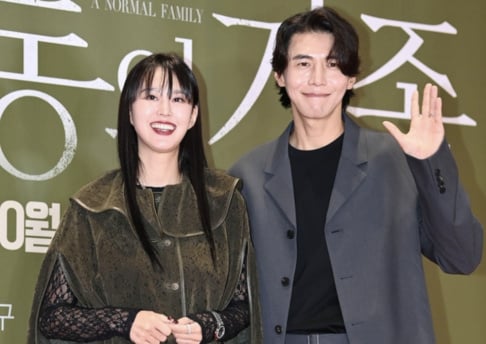
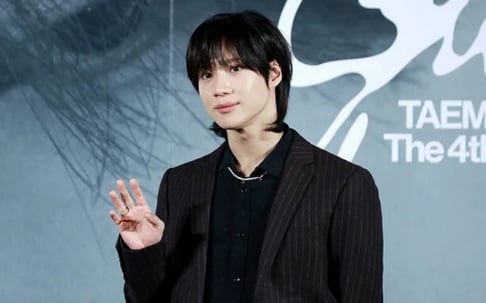
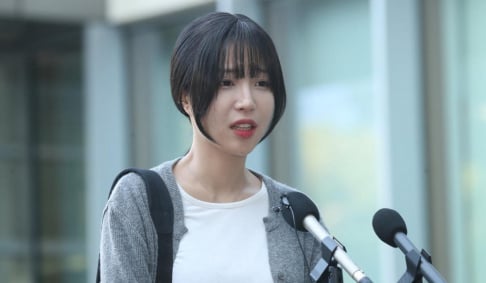
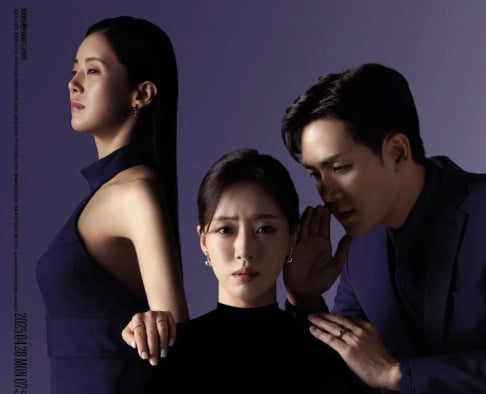
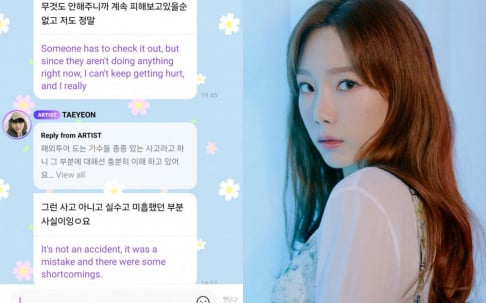
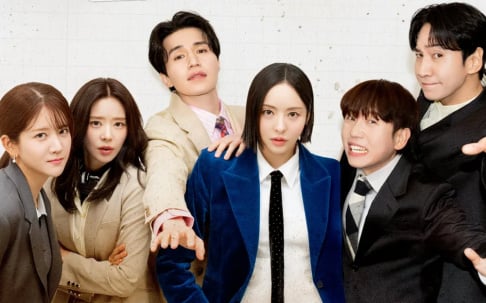
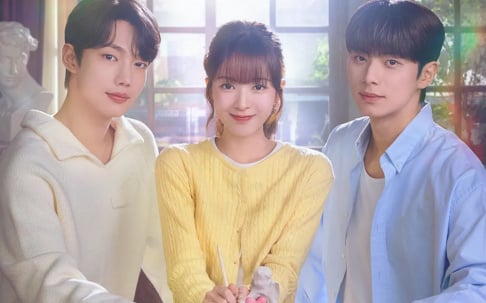
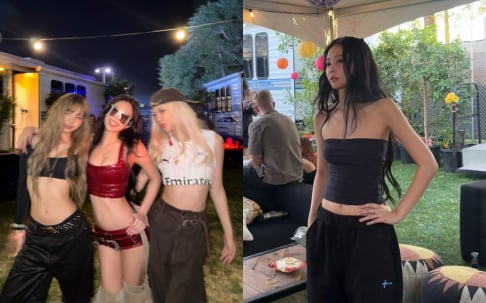
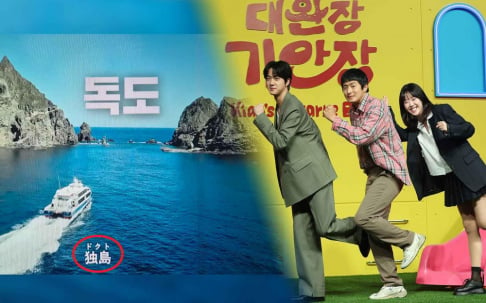
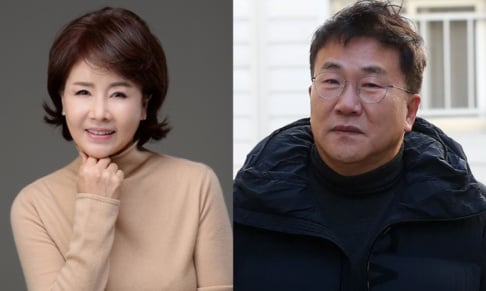
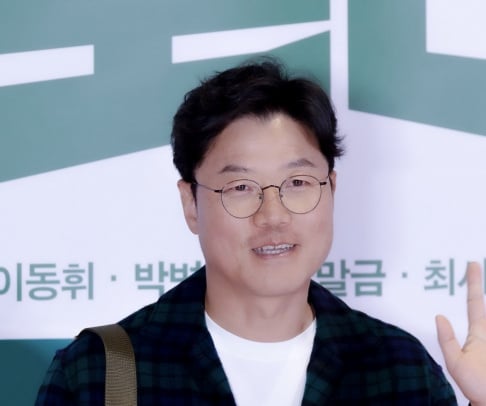
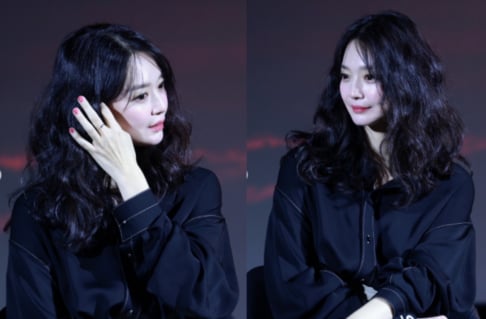
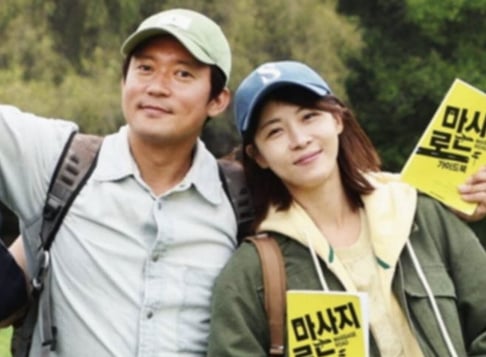


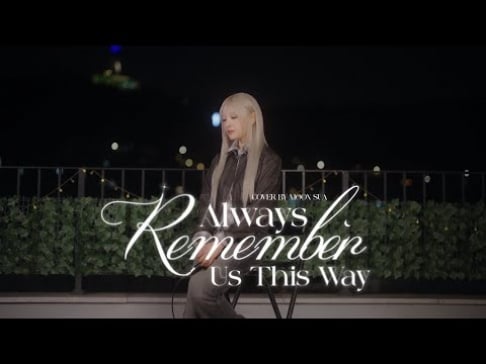
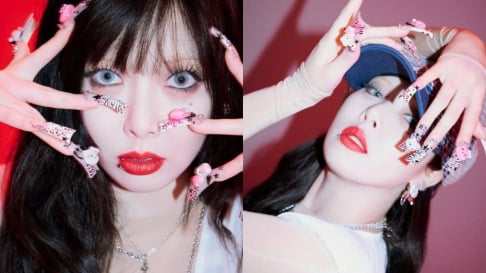
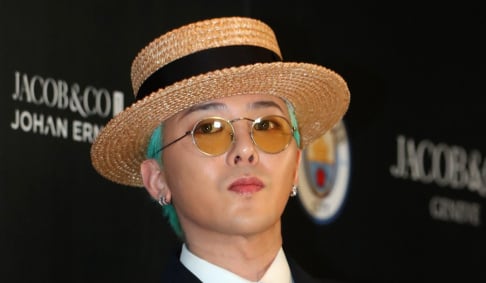
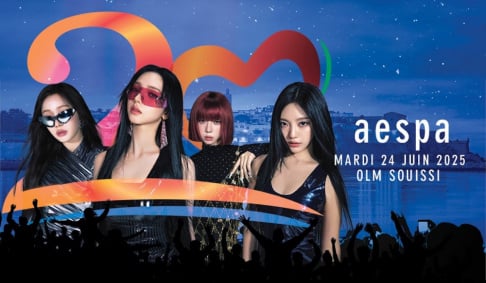
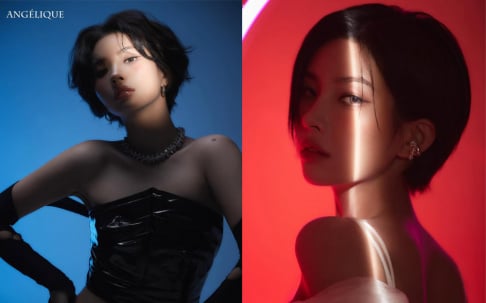
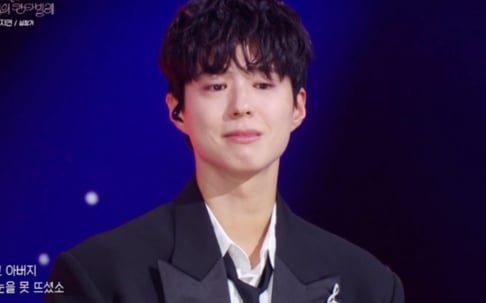
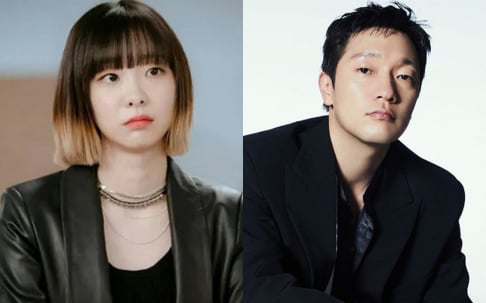
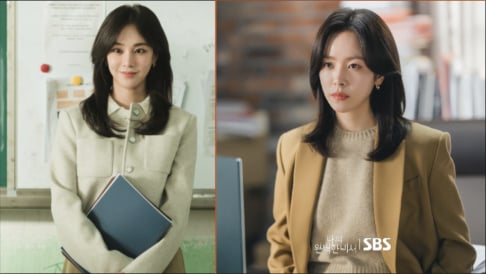
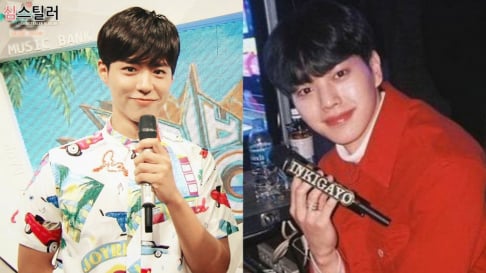

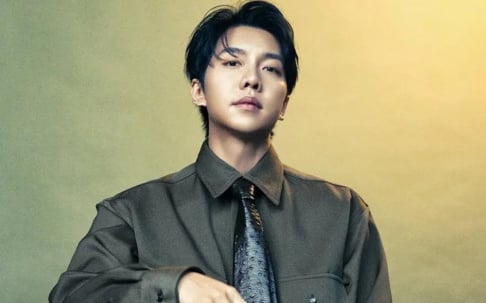

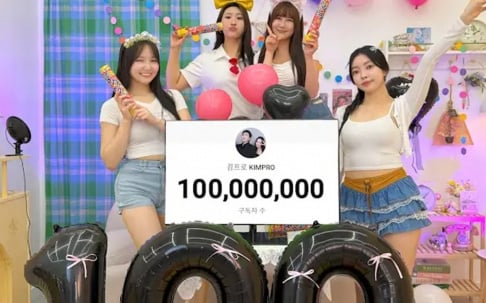

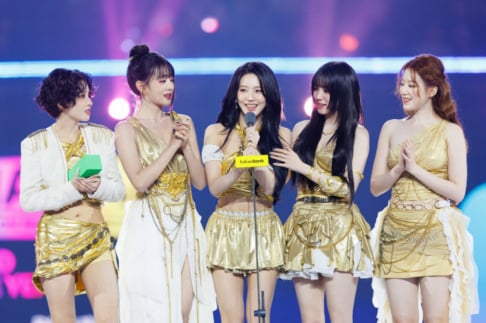
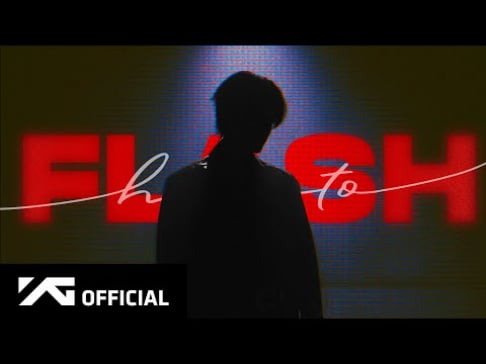






Log in to comment